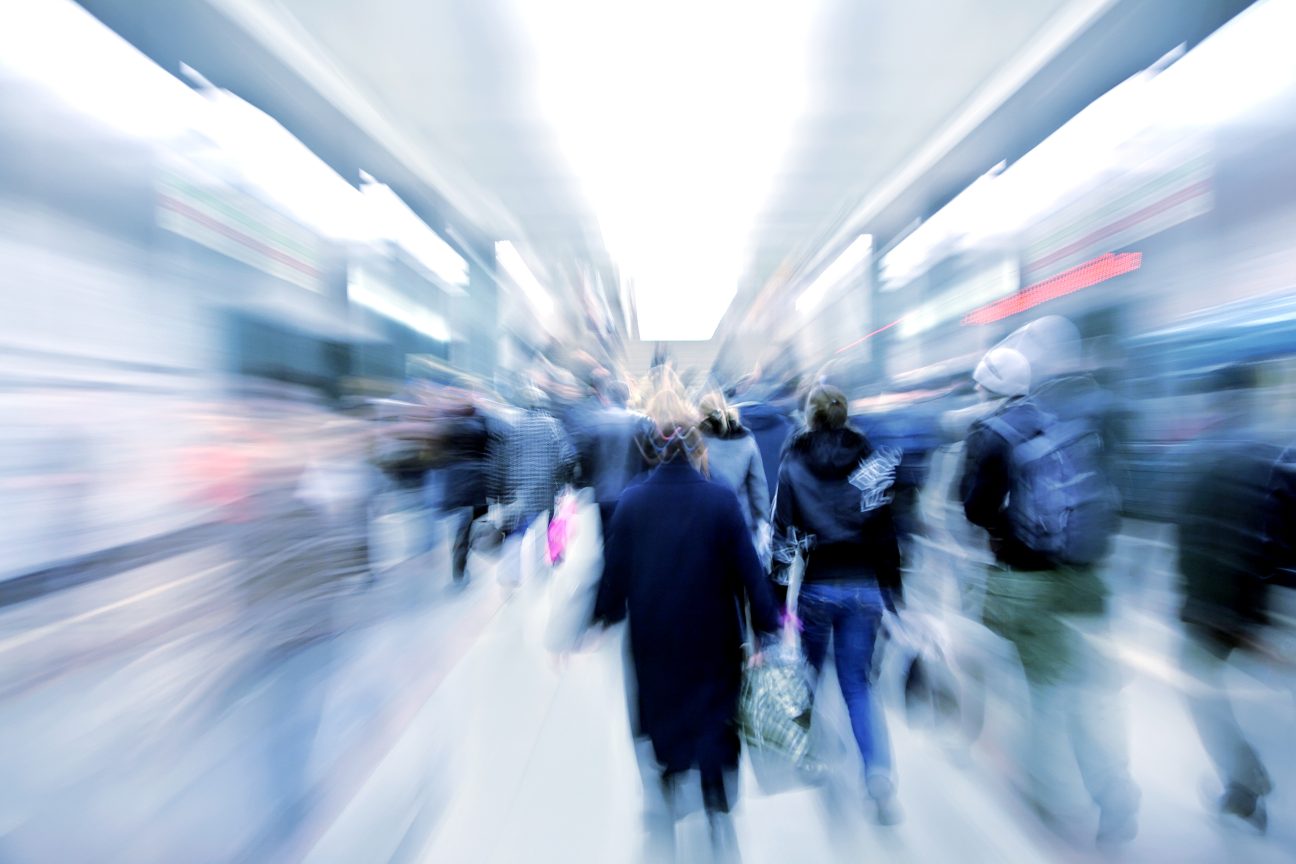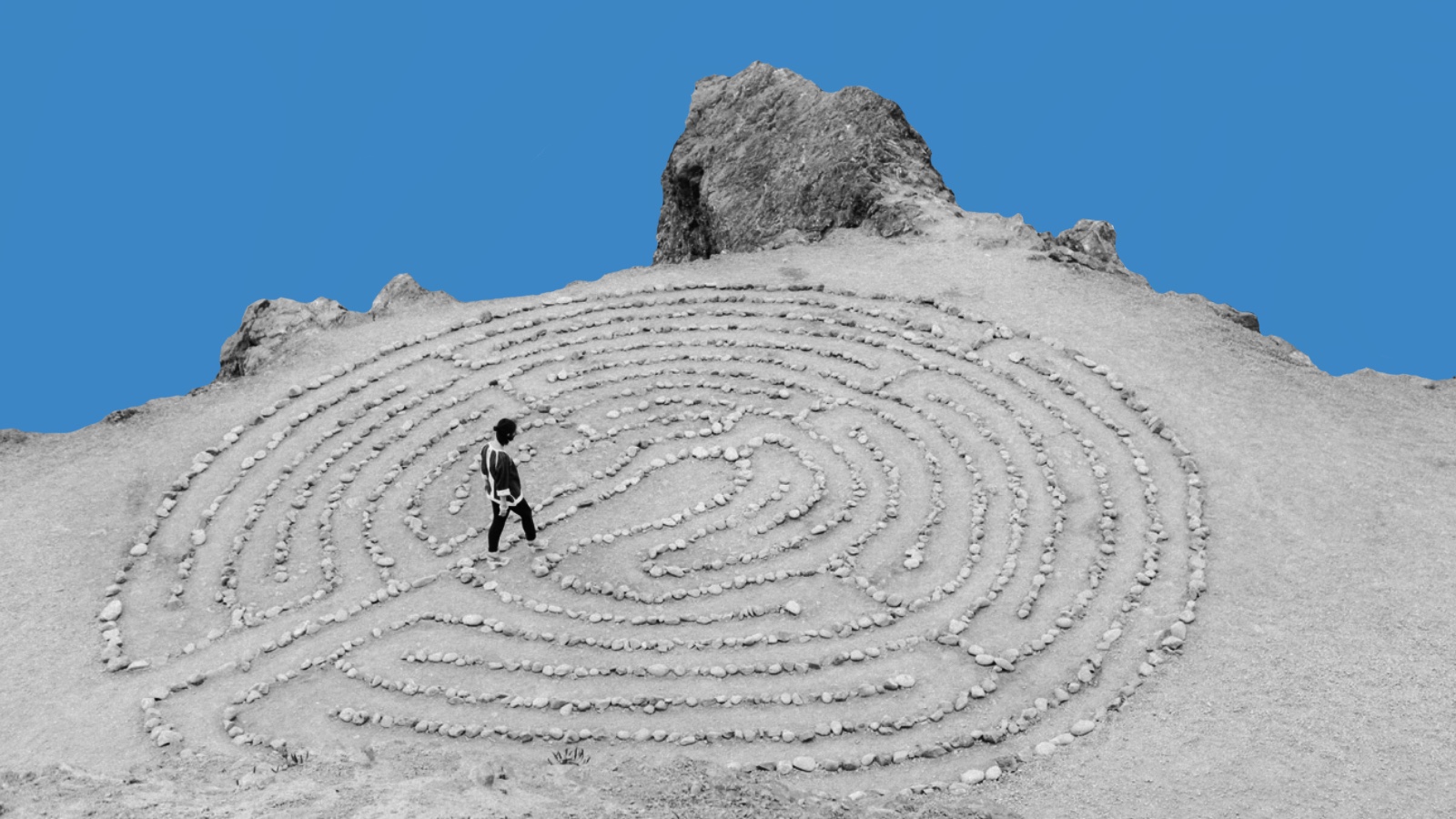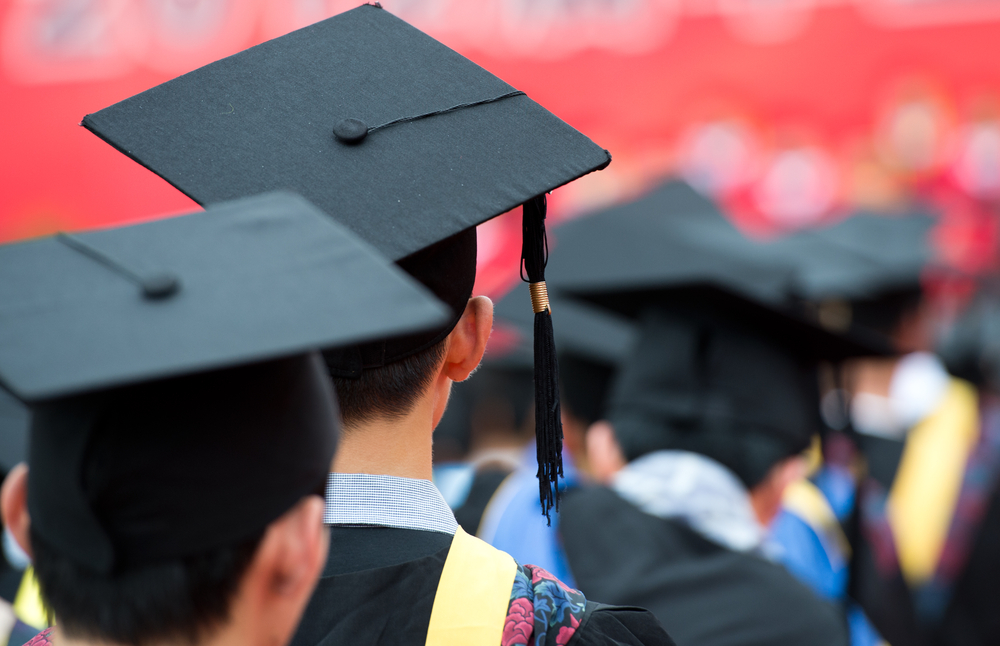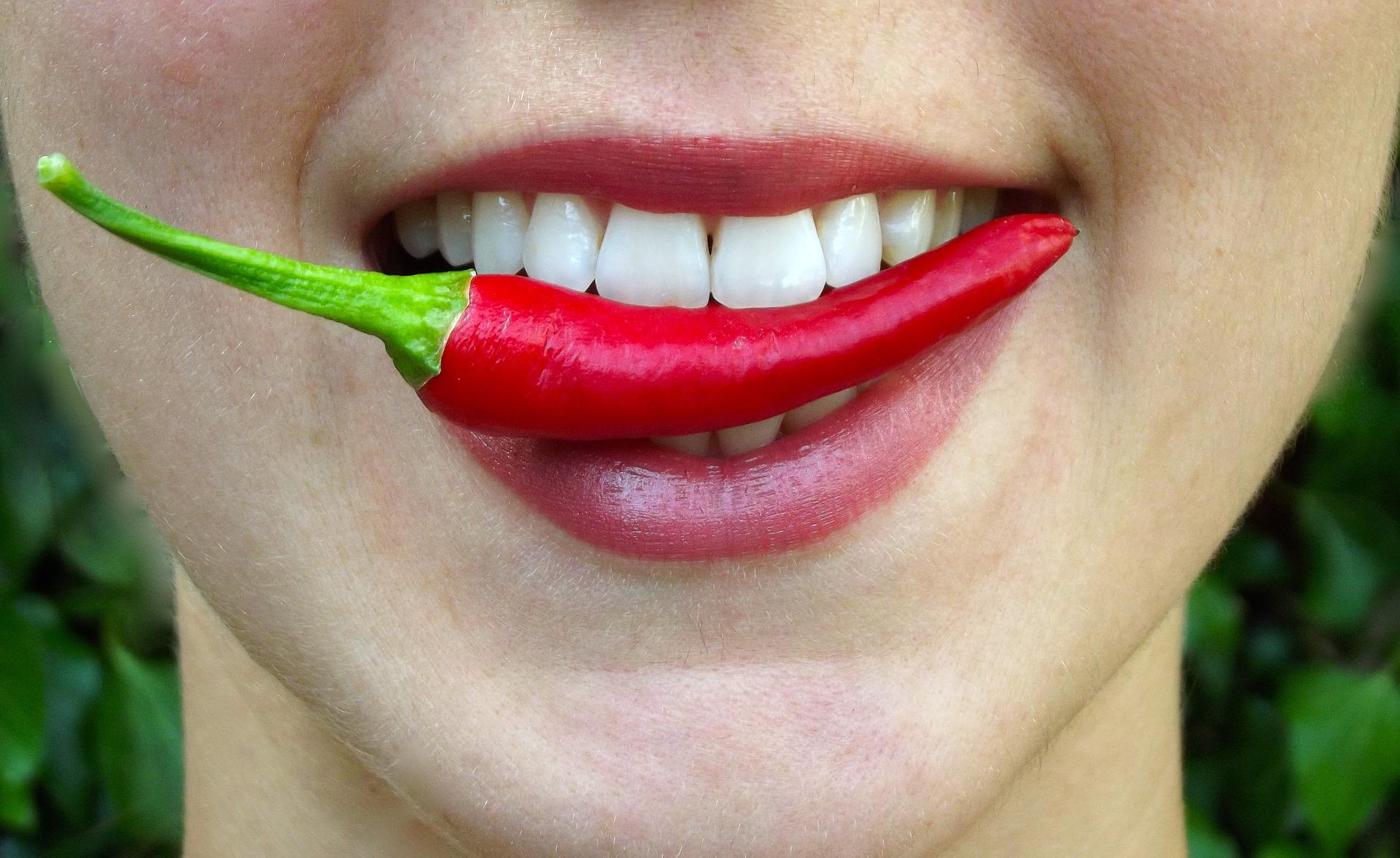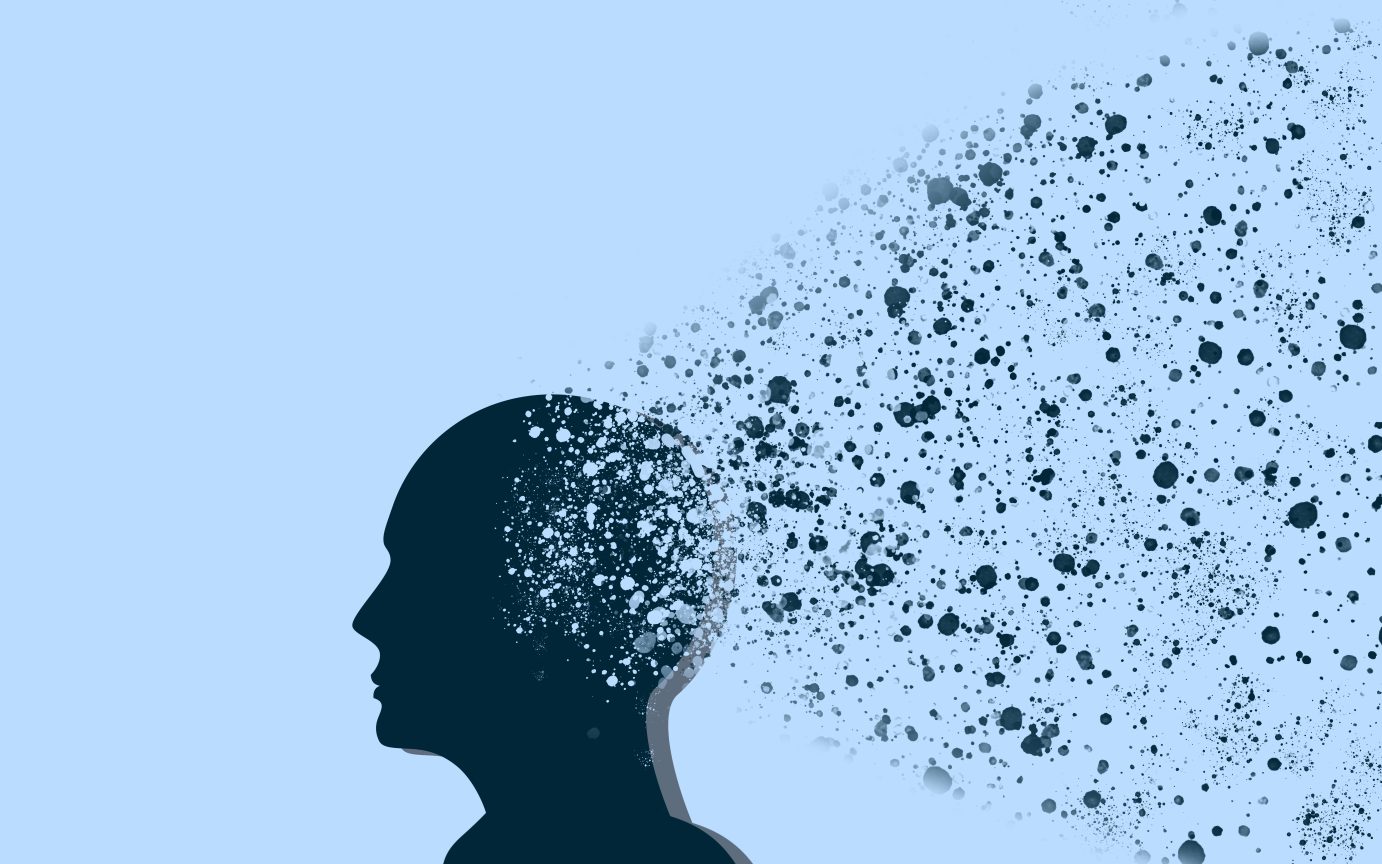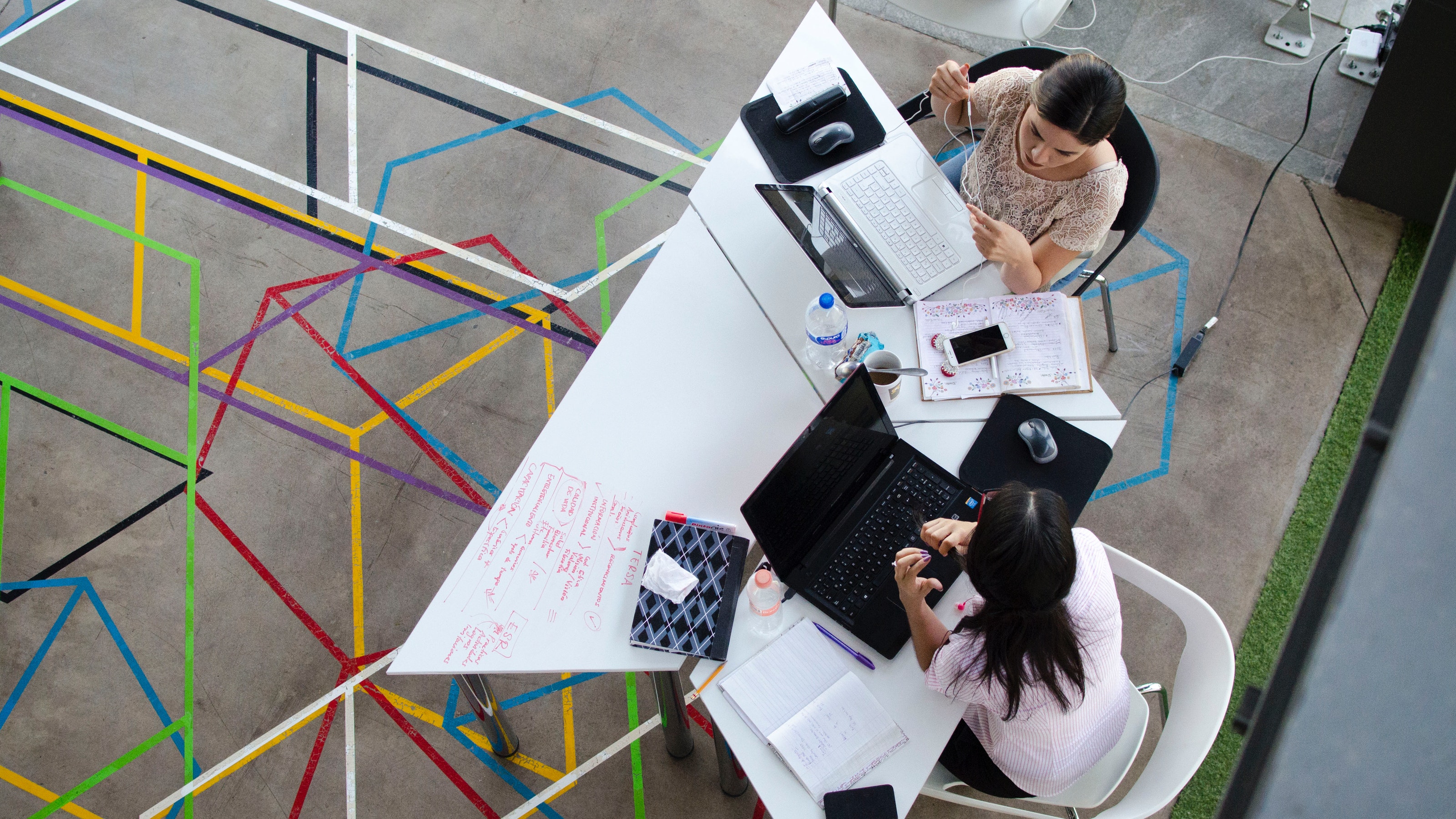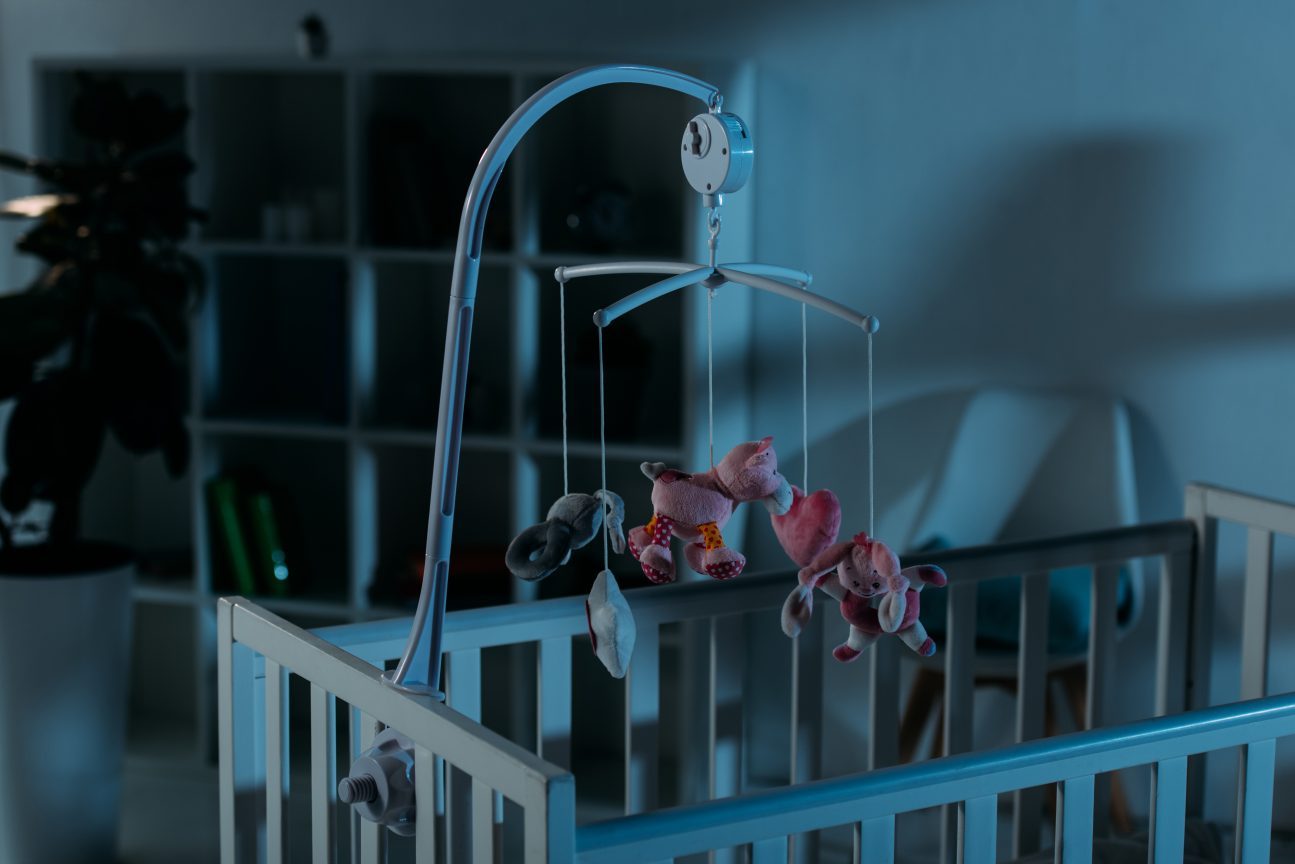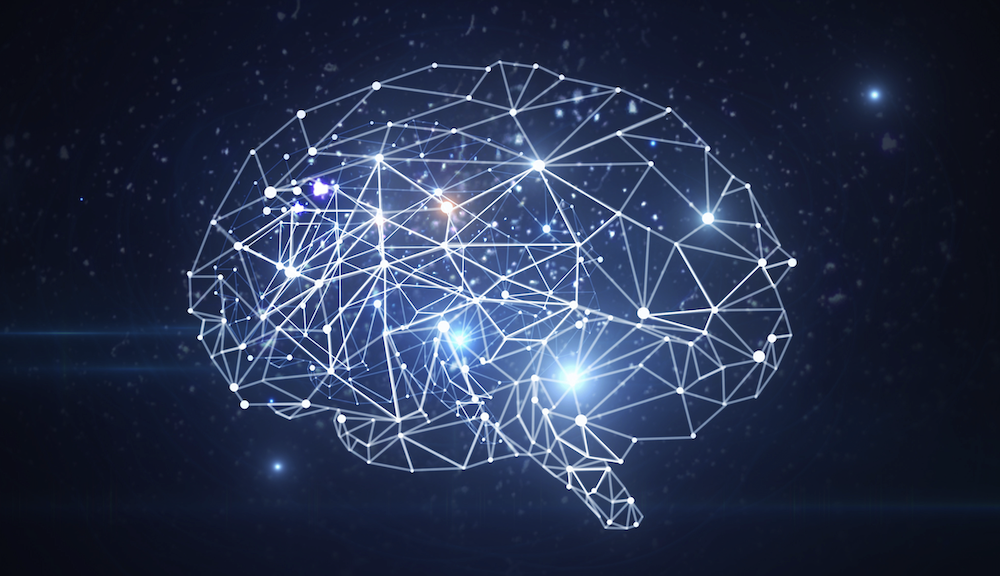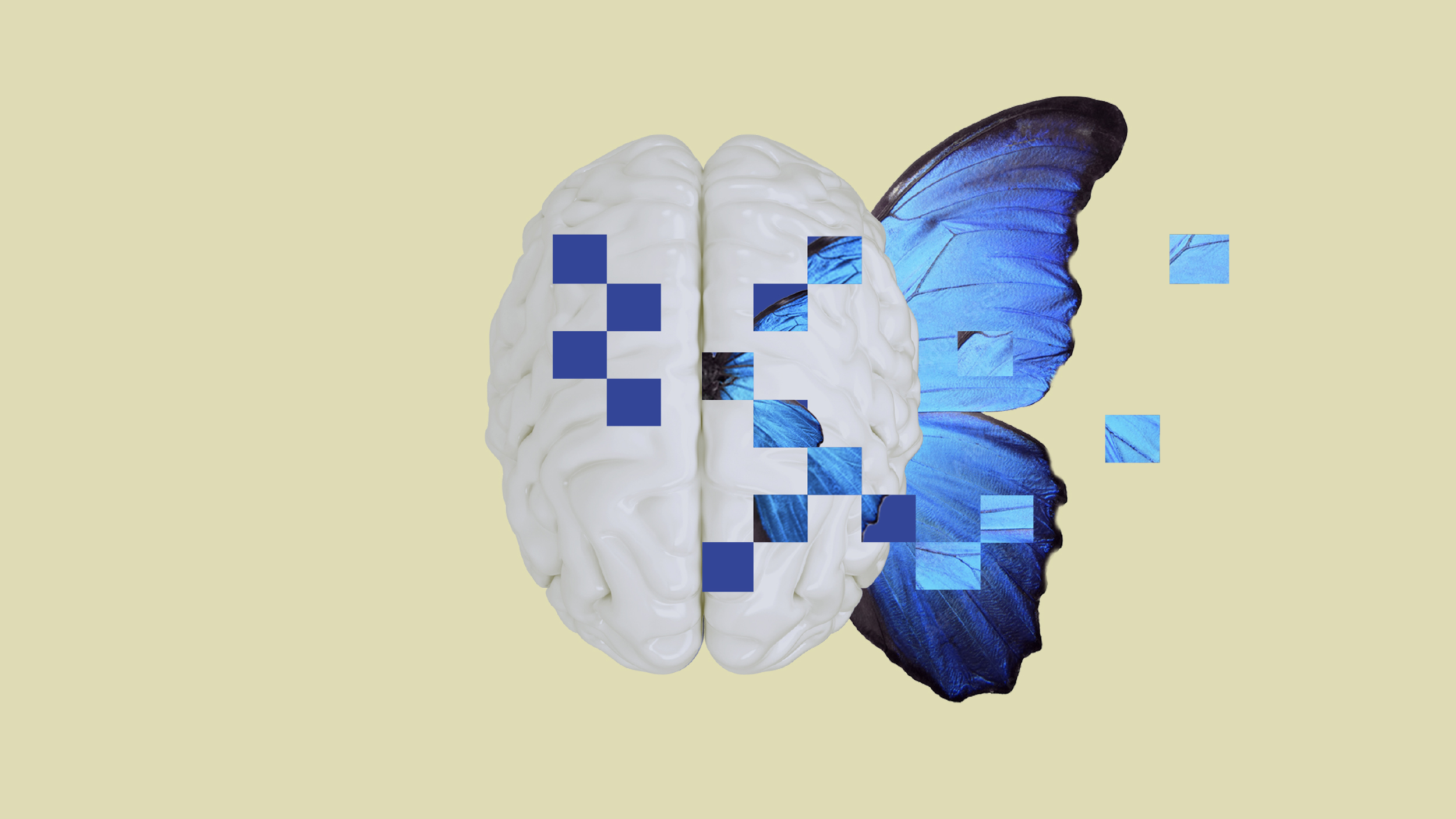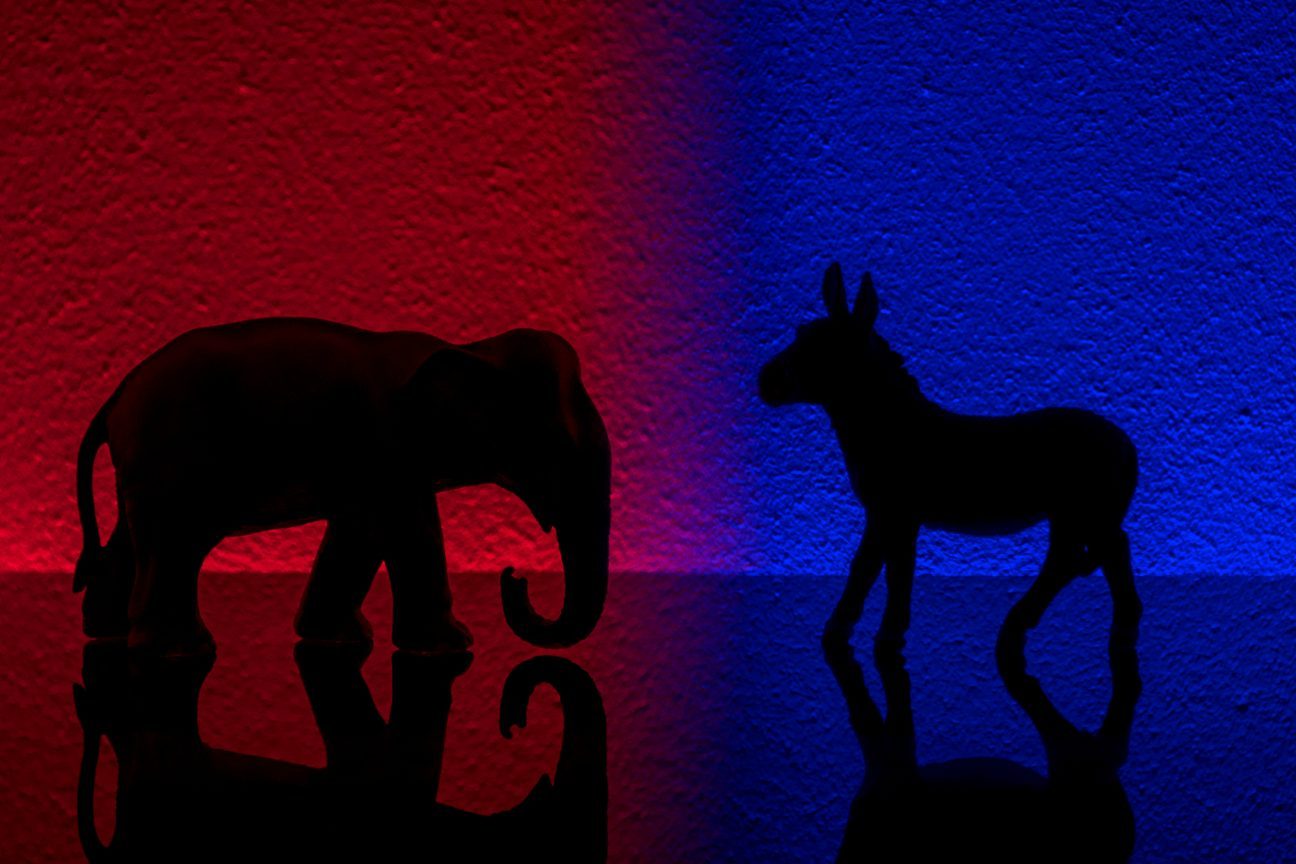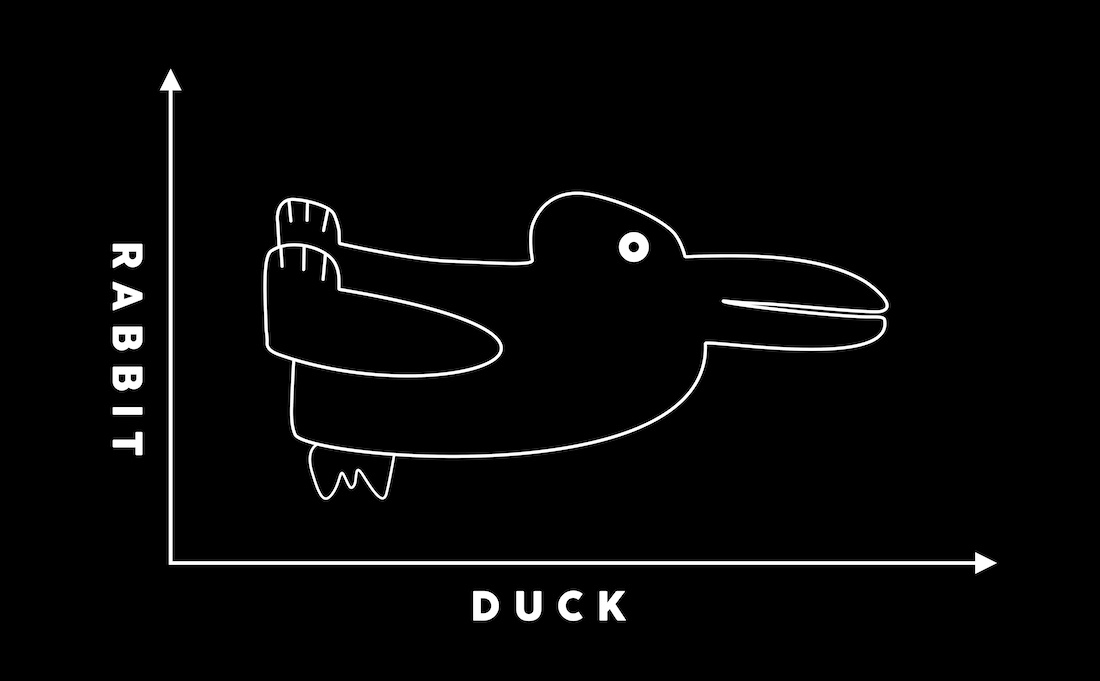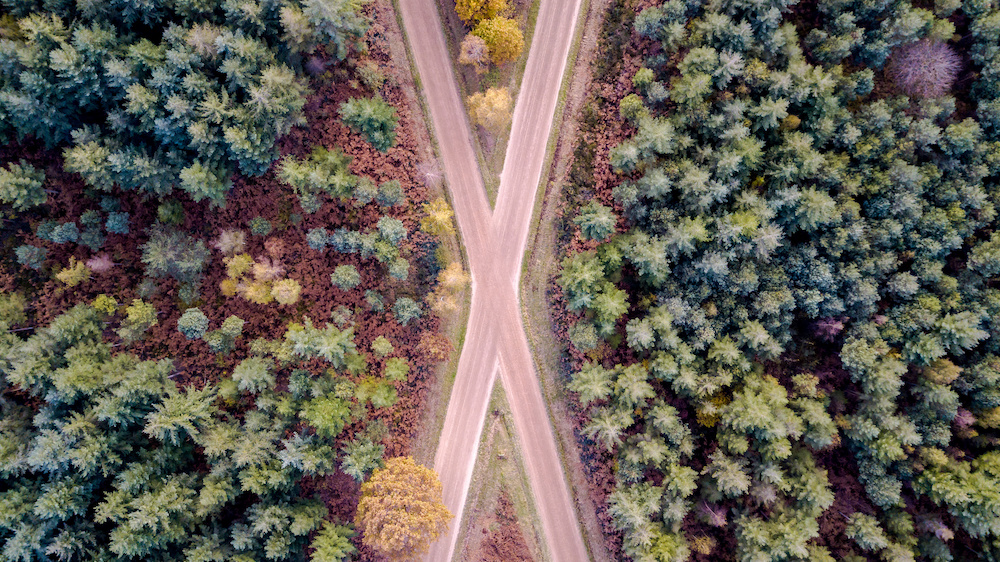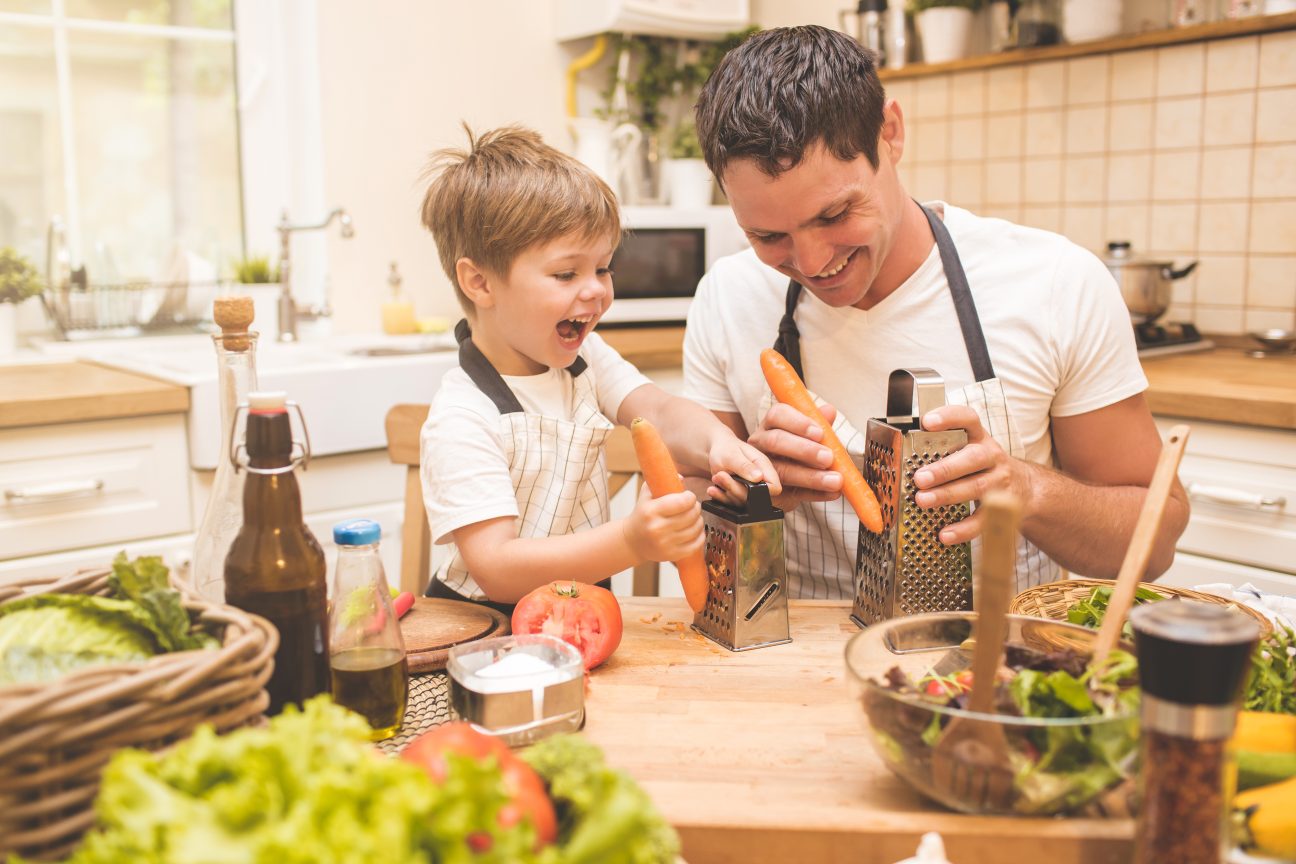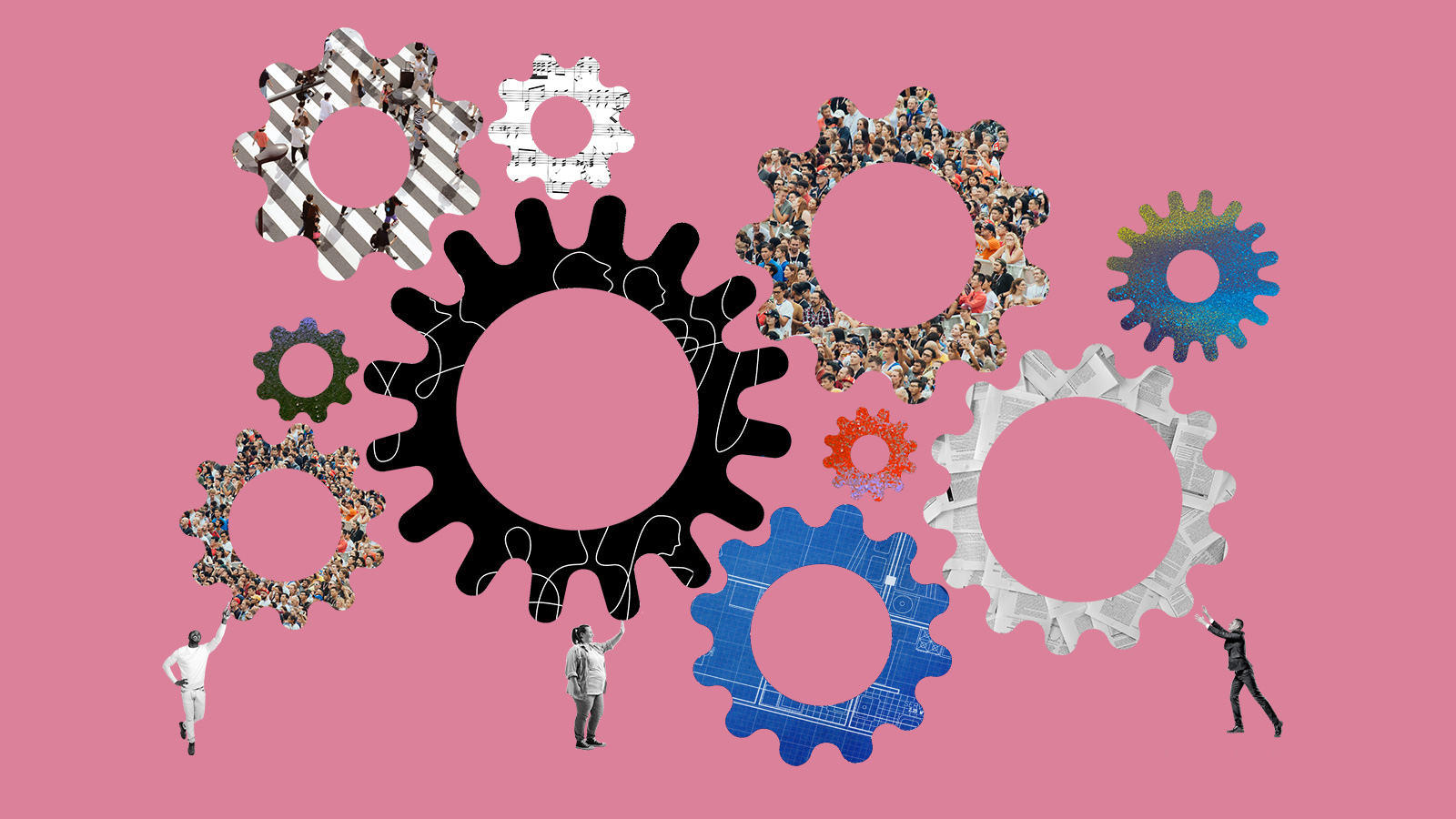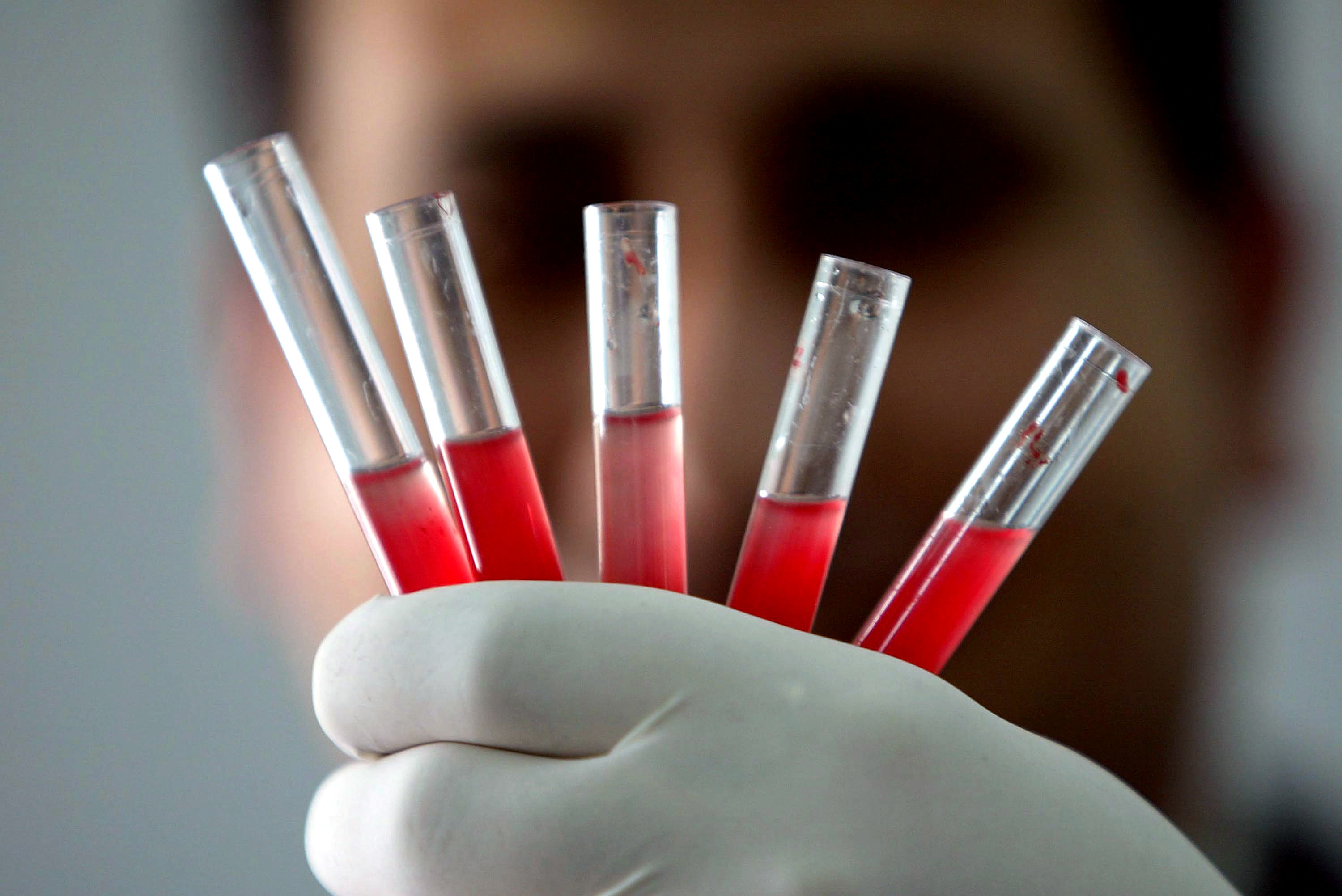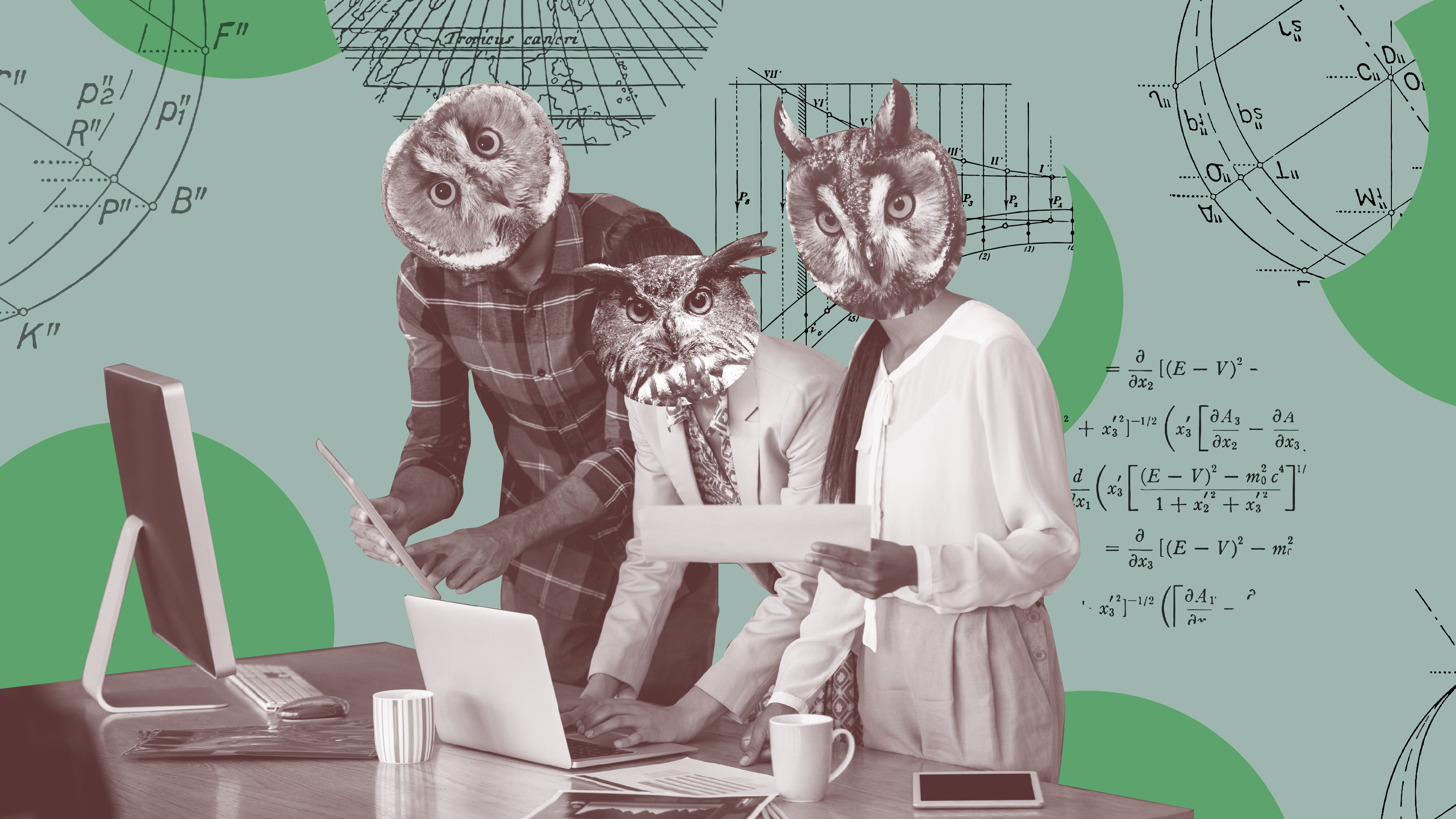Kevin Dickinson
Kevin Dickinson is a staff writer and columnist at Big Think. His writing focuses on the intersection between education, psychology, business, and science. He holds a master’s in English and writing, and his articles have appeared in Agenda, RealClearScience, and the Washington Post. Follow him on LinkedIn and Twitter @KevinRDickinson.

Creativity and achievement require balancing hard work with the restful power of calm.
Not all stress is created equal.
Because there’s not enough Walden pond to go around.
Mixed messages and competing interests have left college students feeling lost and stressed.
Spicy foods are enjoyed the world over, but scientists don’t know why people partake in culinary masochism.
Alzheimer’s disease is frightening, but the right combination of lifestyle choices can reduce your risk.
Unplugging only ignores the hard work of overcoming your distractions.
Fulfillment at work isn’t about finding your passion; it’s about cultivating the relationships that create a sense of belonging.
Brands manufacture meaning through consensus; people must strive to create their own.
Nikolaas Tinbergen’s concept of “supernormal stimulus” explains why humans are attracted to a heightened version of reality.
Being more creative doesn’t require a ‘Muse.’ It’s about pairing intelligence and imagination.
Your inner voice can be the devil on your shoulder or the angel. It depends on where your focus lies.
To reap the benefits of digital technologies, we must contend with their addictive designs.
SIDS deaths have decreased worldwide, but research has yet to solve this medical mystery.
Is college worth it? This question may seem a no-brainer, but there are many reasons why it is worthy of serious deliberation. Here are three.
Elastic thinking can reveal the assumptions that hamstring our ability to solve seemingly intractable problems.
From mobile learning to microlearning, these five methods for training employees are some of the most effective in the modern world of business.
People underestimate their opponent’s capacity to feel basic human sensations. We can short-circuit this impulse through moral reframing and perspective taking.
“Who ya gonna believe: me or your own eyes?” Until you can assess your perception, the answer should be neither.
Inflection points veer life in unexpected directions. While unnerving, they provide opportunities for those who can navigate them.
Luck doesn’t fall from the sky. It’s about how you position yourself for life’s challenges.
Too many people still view stay-at-home dads as feckless deadbeats, but their acceptance is an important step toward gender equality.
Finland reveals that happiness is more about mindset than umbrella drinks and sun-warmed beaches.
Implicit bias may be outside your conscious control, but that doesn’t mean change is.
Soft skills training can help develop transformation-ready employees and equip entire organizations to adapt to an unpredictable future.
Admit it: you have no idea why a group of crows is called a murder. Here’s why.
For the fewer than 50 people with this blood type, finding a blood transfusion could be extremely difficult.
By building a learning culture, L&D leaders can equip their organizations to adapt to a business world that is transforming before our eyes.
Frank Lloyd Wright captured serenity in his masterpiece, Fallingwater, but his egotistical tendencies made life for others anything but serene.
Next year is the perfect time to have better conversations!
